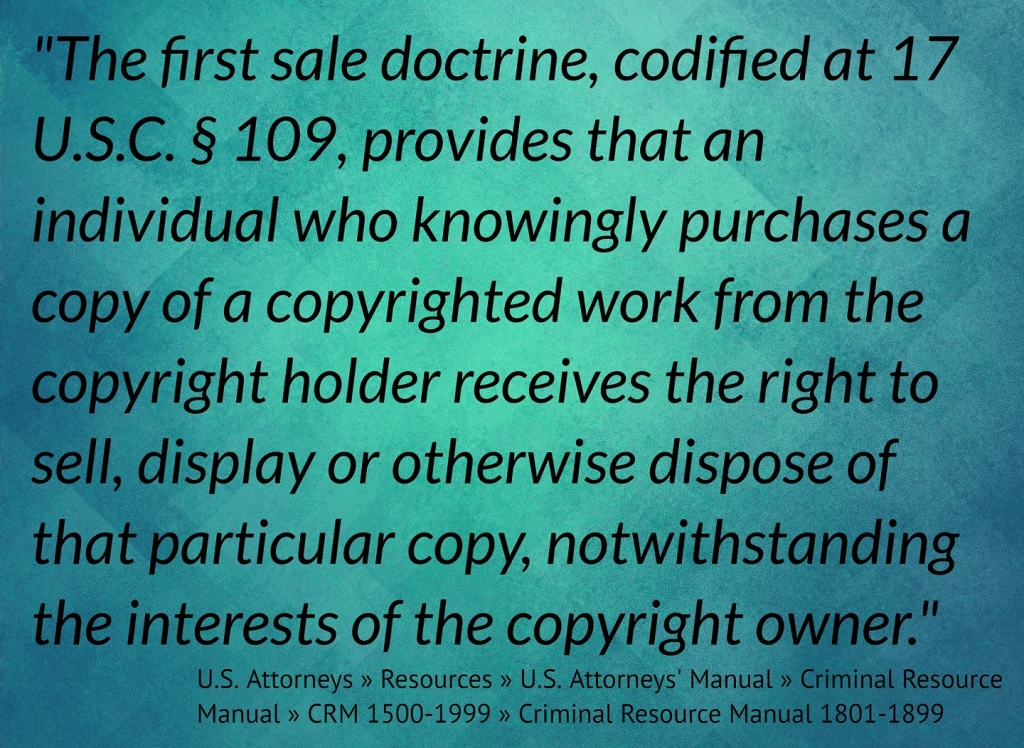
Understanding Corporate Law & Its Importance
The world of business is a complex one, with intricate rules and regulations governing every move. For companies to navigate this landscape successfully, a firm grasp of corporate law is crucial. But what exactly is it, and how does it differ from business law? This article delves into the heart of corporate law, unpacking its key aspects and highlighting its vital role in the corporate world.
What is Corporate Law?
At its core, corporate law governs the formation, operation, and dissolution of corporations. Corporate law encompasses a vast array of legal issues, including:
- Formation: Establishing a corporation, choosing a structure (e.g., LLC, C-Corp),drafting bylaws, and complying with registration requirements.
- Governance: Setting up internal structures, defining the roles and responsibilities of directors and officers, ensuring compliance with fiduciary duties, and conducting shareholder meetings.
- Financing: Raising capital through various means (e.g., issuing stocks, bonds),complying with securities regulations, and managing investor relations.
- Mergers and Acquisitions: Facilitating the legal aspects of combining or acquiring other businesses, ensuring compliance with antitrust laws and shareholder rights.
- Taxation: Structuring the corporation for optimal tax efficiency and navigating complex tax regulations.
- Compliance: Adhering to labor laws, environmental regulations, and other legal requirements applicable to the corporation.1
Is Corporate Law Different from Business Law?
While closely related, corporate law is a specialized subset of business law Business law encompasses the legal aspects of all businesses, regardless of their structure, size, or industry. Corporate law, on the other hand, focuses specifically on the legal issues unique to corporations, a distinct legal entity with its own rights and responsibilities.2
Types of Corporate Law:
The diverse nature of corporations necessitates various areas of specialization within corporate law. Some key types include:
- Mergers & Acquisitions (M&A) Law: Deals with the legal aspects of combining or acquiring other businesses, ensuring compliance with regulations and protecting shareholder interests.
- Securities Law: Governs the issuance and trading of stocks, bonds, and other securities, ensuring investor protection and market integrity.
- Governance & Compliance Law: Advises corporations on setting up effective internal structures, complying with regulations, and managing risk.
- Tax Law: Helps corporations minimize their tax burden by structuring themselves efficiently and navigating complex tax codes.
- Intellectual Property Law: Protects valuable intangible assets like trademarks, patents, and copyrights, ensuring their ownership and exploitation rights.3
Why is Corporate Law Important?
For corporations of all sizes, navigating the legal landscape without proper guidance can be treacherous. Corporate law plays a crucial role in:
- Protecting the corporation: By ensuring compliance with legal requirements and mitigating risks, corporate law safeguards the corporation from lawsuits, penalties, and reputational damage.
- Facilitating growth: From raising capital to acquiring new businesses, corporate law provides the legal framework for strategic expansion and growth.
- Ensuring fairness and transparency: Corporate law establishes clear rules and procedures for governance, protecting the rights of shareholders, directors, and other stakeholders.
- Promoting economic activity: By creating a predictable and stable legal environment for corporations, corporate law fosters a thriving business ecosystem.4
Corporate law is not just about legalese; it’s the lifeblood of a successful business. Understanding its scope and importance is essential for any business owner, investor, or individual involved in the corporate world. As your company navigates the intricate legal landscape, seeking the guidance of a qualified corporate lawyer can be the difference between smooth sailing and choppy waters. If you require counsel please do not hesitate to contact the Law Firm of Dayrel Sewell, PLLC.
1 What Is Corporate Law? www.theforage.com/blog/careers/what-is-corporate-law (last visited 2/23/24).
2 What Is The Difference Between Corporate And Business Law?, https://www.lobbplewe.com/what-the-difference-between-corporate-business-law/#:~:text=Business%20law%20is%20much%20more,shareholders%2C%20including%20laws%20surrounding%20stocks (last visited 2/23/24).
3 Types of Corporate Law www.fridmanlawfirm.com/corporate-law/types/ (last visited 2/23/24).
4 What Is Corporate Law and Why Is It Important? https://legamart.com/articles/corporate-law/#purpose-of-corporate-law (last visited 2/23/24).

